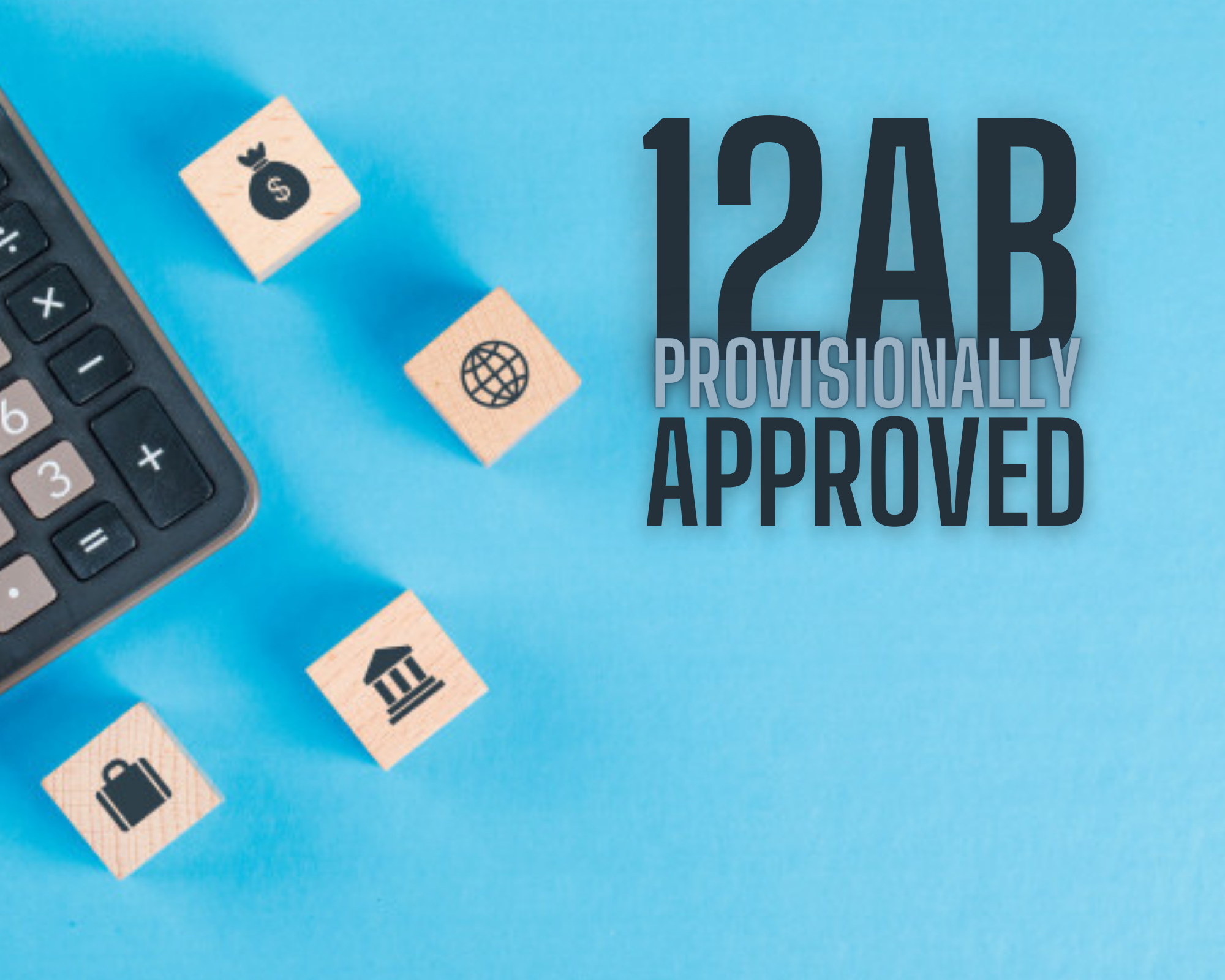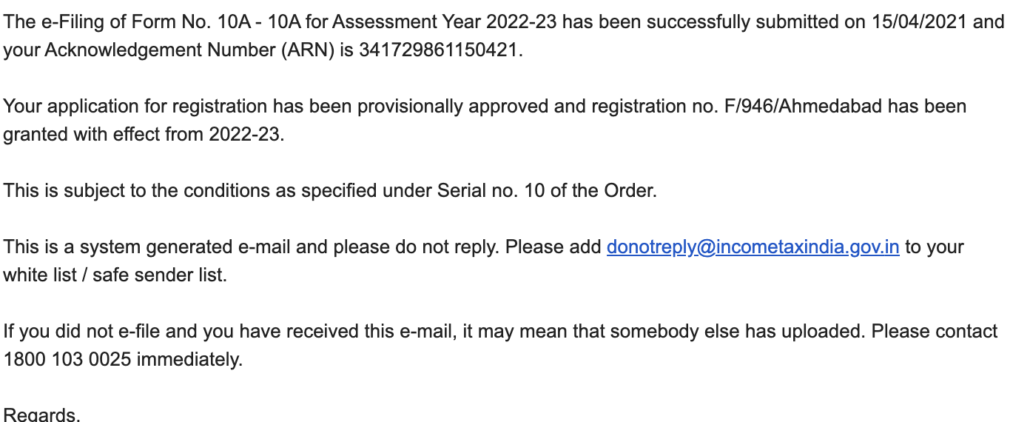What is Form 10BD?
From FY 2021-22, Income Tax has made it mandatory for NGOs – registered organisations having 80G certificate to file “Donation Return” in form 10BD. There was no mechanism for the Income Tax department to cross check donation exemption claim by individual assessee. Also, it was observed during scrutinies of income that many false claims made by Assessee to get tax exemptions u/s 80G.
So, to streamline the whole process and automate the same, Income Tax introduced the donation return in Form 10BD. Under this return, NGO has to fill all the information related to donations before 31st May of previous financial year. Once return has been processed, NGO can download the Donation Certificate in Form 10BE and issued to individual donors. Also, the information of donation then will reflect in the 26AS of the individual assessee.
Last Date of filling Form 10BD
Last date for filling Form 10BD for the FY 2021-22 is 31.05.2022 (as of now)
How to file Form 10BD?
Form 10BD donation return is to be filed online by the NGO. Watch this video providing live demo on how to file donation return.
Clarifications on some of the issue of Form 10BD
Q:1 Should we include secret donation here?
A:1 No, secret donation or “Anonymous Donation” should not be included in this return. However, NGO should make sure that the donor then will not claim exemption in his individual return. Also, the limit of “Anonymous Donation” as mentioned in sec 115 BBC must be kept in mind.
Q:2 Should we include cash donations more than Rs. 2000?
A:2 As per section 80G 5(d), cash donation limit is up to Rs. 2000/- Thus, any donation above Rs. 2000 in cash is not qualify for 80G exemption and thus, it is not advisable to mentioned here.
Q:3 What about Foreign Grants?
A:3 Any specific grants – CSR, Indian, Government, Foreign Grants must be include here in this form 10BD. In case of Foreign Grant, Foreign Country Tax Identification Number of entity must be mentioned under ID Code 03.
Q:4 Whether we should include Donation in kind and how to value it?
A:4 This depends on whether donation in kind accounted for in your books of accounts or not. If you are taking donation in kind in your books, same should be included here. As there is no clear rule in Income Tax on how to value donation in kind, justifiable value should be taken. Justifiable value means the value you can justify to Income Tax Officer. For this in the form, ‘mode of receipts’ is to be selected as “(b) in kind”.
Q:5 What about “Donation Box?
A:5 Any amount received in the donation box is considered as “anonymous donation” and treatment is as mentioned in the Answer-1 above.
Q:6 Will this return data should match with the figures mentioned in the ITR of NGO?
A:6 We are not sure about whether the information of Form 10BD is going to cross check with ITR of NGO by Income Tax Officer or not. But it is highly advisable to present your financial statements (Income & Exp account) in such a way that all the figures mentioned in the Form 10B must match with the books of accounts.
Conclusion
Let us know if you have any doubts or questions in this regard in the comment section below.

















